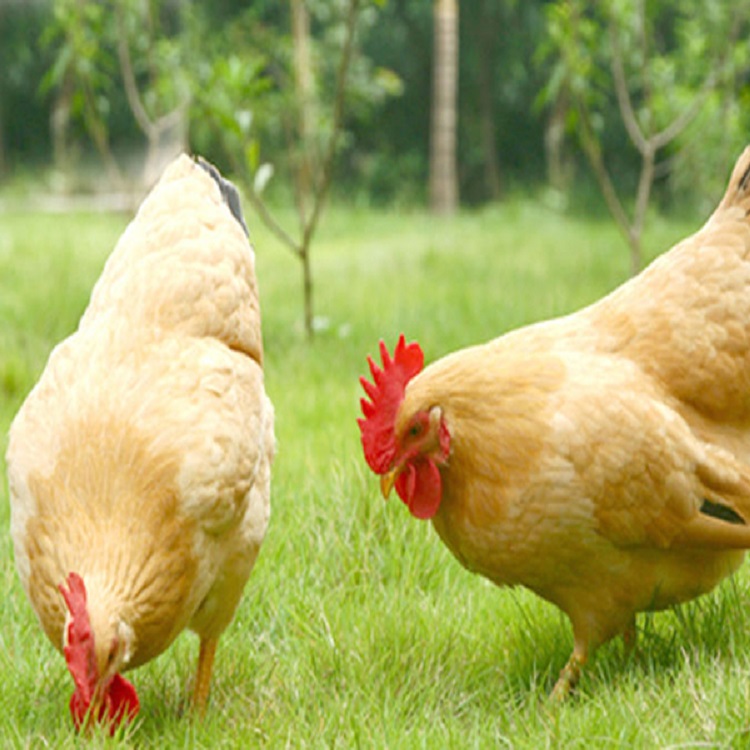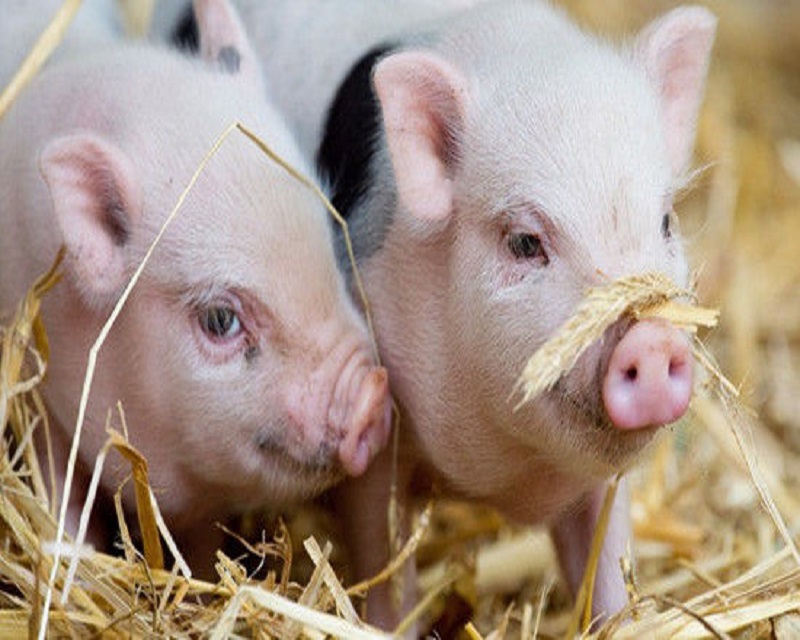What’s the main function of benzoic acid in poultry?
The main functions of benzoic acid used in poultry include:
1. Improv growth performance.
2. Maintaining intestinal microbiota balance.
3. Improving serum biochemical indicators.
4. Ensuring livestock and poultry health
5. Improving meat quality.
Benzoic acid, as a common aromatic carboxylic acid, is widely used in the food, pharmaceutical, cosmetics, and feed industries. It has various biological activities such as anti-corrosion, pH regulation, and improving digestive enzyme activity.
Benzoic acid, through its antibacterial and bactericidal effects, can effectively inhibit the growth of microorganisms such as bacteria and molds, preventing the spoilage of feed and meat products. The anti-corrosion mechanism is that benzoic acid easily penetrates the cell membrane and enters the cell body, interfering with the permeability of microbial cells such as bacteria and mold, inhibiting the absorption of amino acids by the cell membrane, and thus playing a role in anti-corrosion.
In poultry farming, adding benzoic acid as an acidifier to feed can improve animal growth performance, maintain intestinal microbiota balance, improve serum biochemical indicators, ensure animal health, and improve meat quality. Research has shown that moderate addition of benzoic acid can increase the average daily weight gain and feed intake of poultry, reduce feed to weight ratio, improve slaughter rate and meat quality.

However, the use of benzoic acid also has some negative effects. Excessive addition or other inappropriate usage methods may have adverse effects on poultry.
Therefore, strict dosage control is necessary when using benzoic acid to avoid excessive use.
